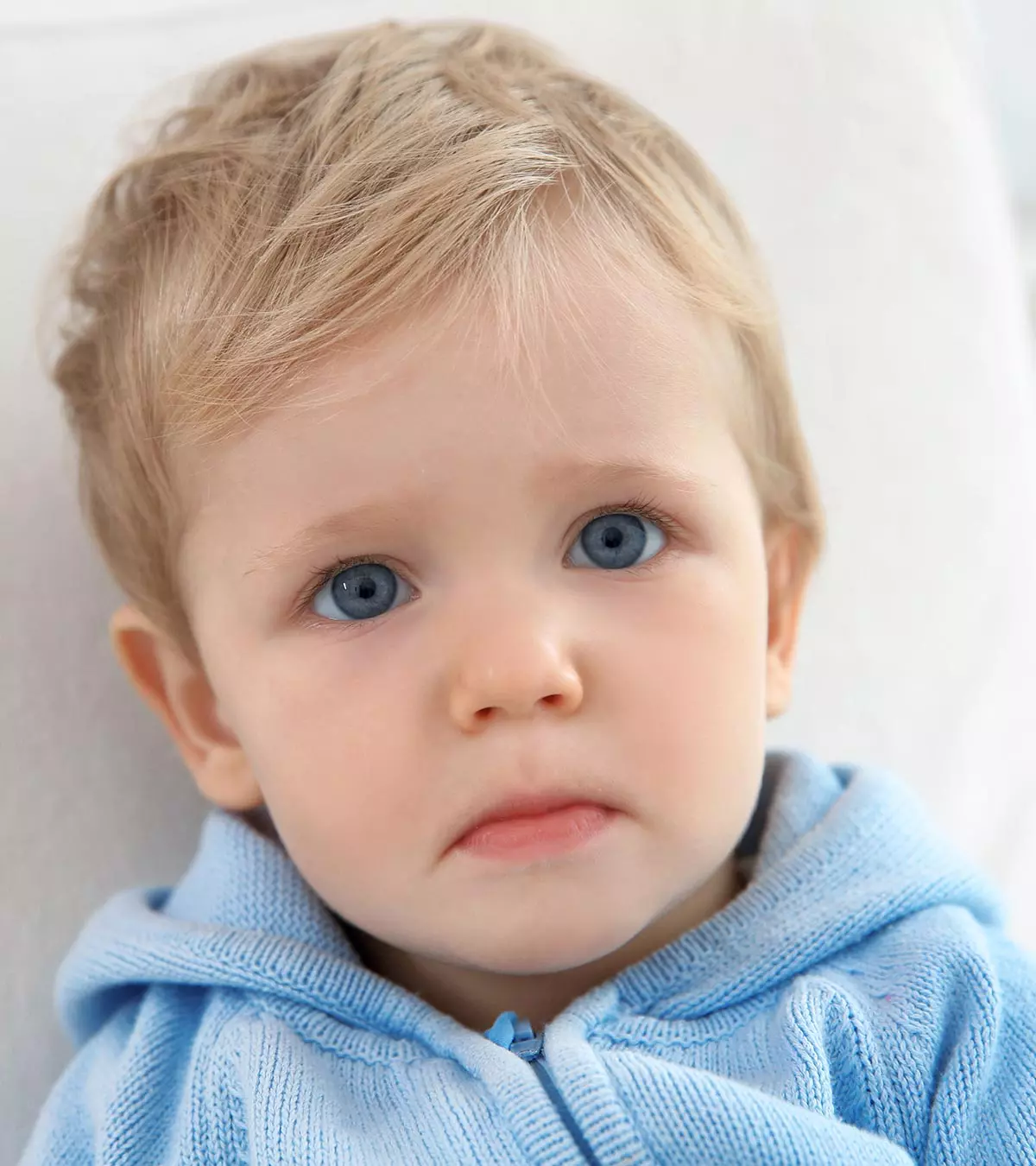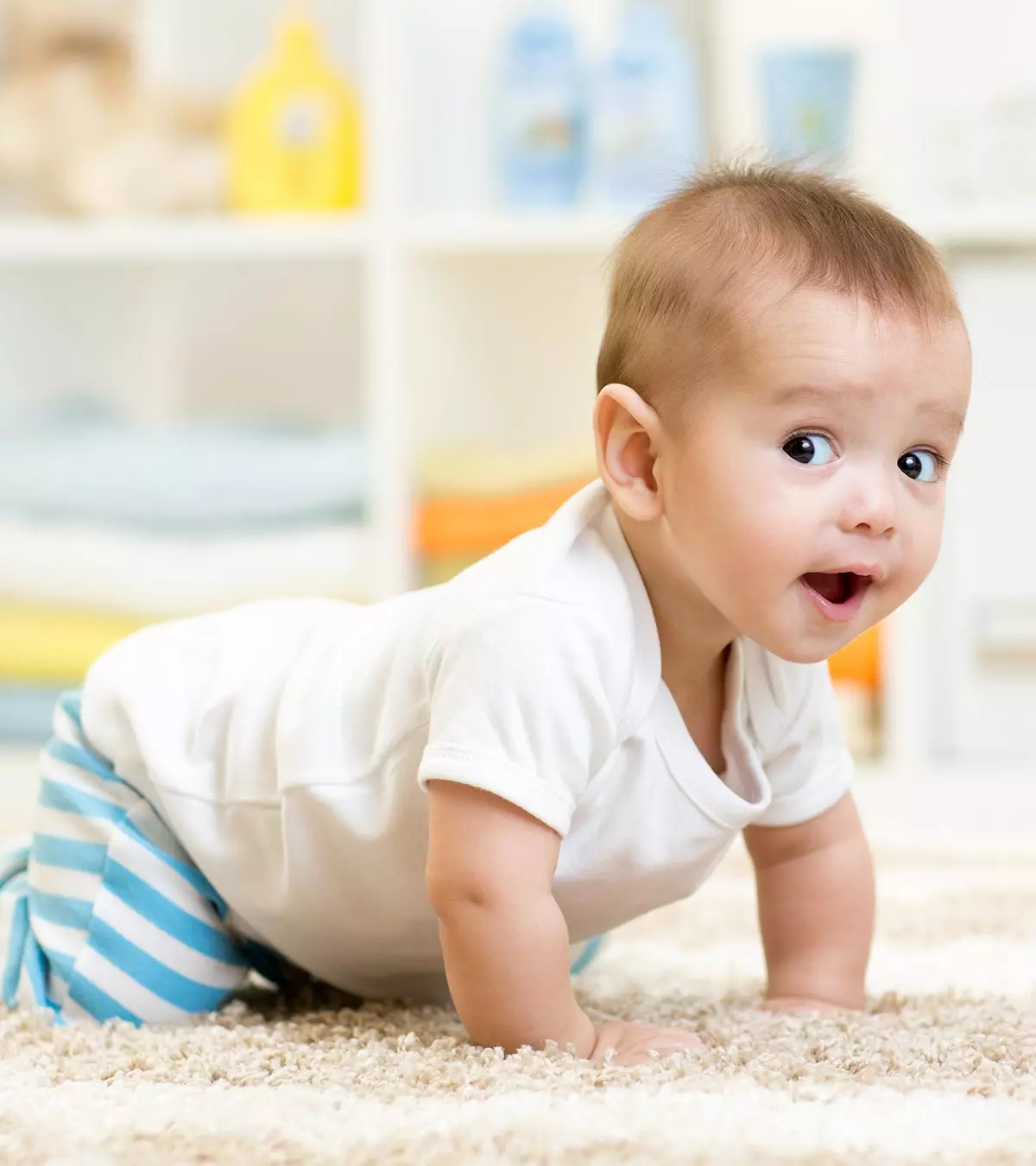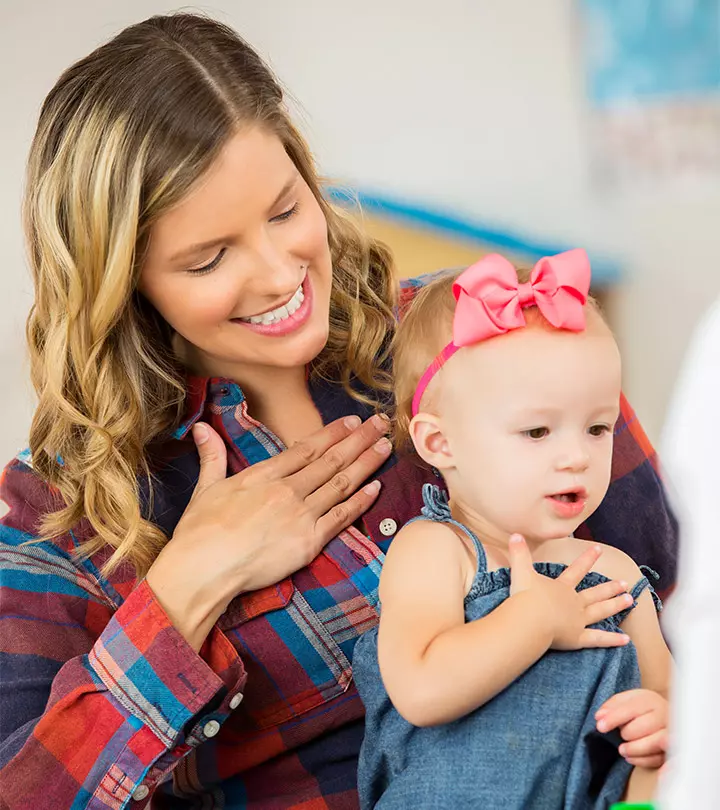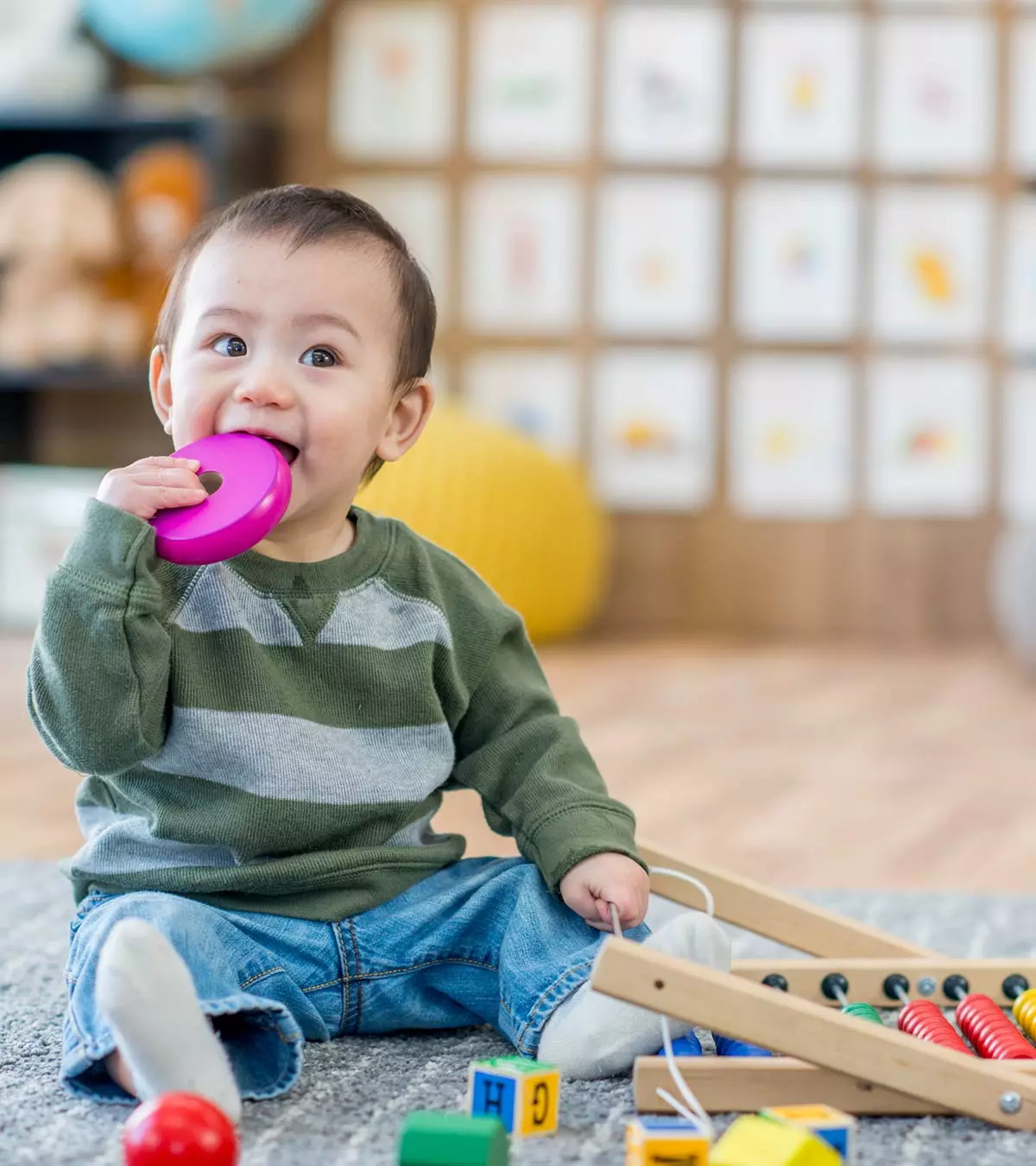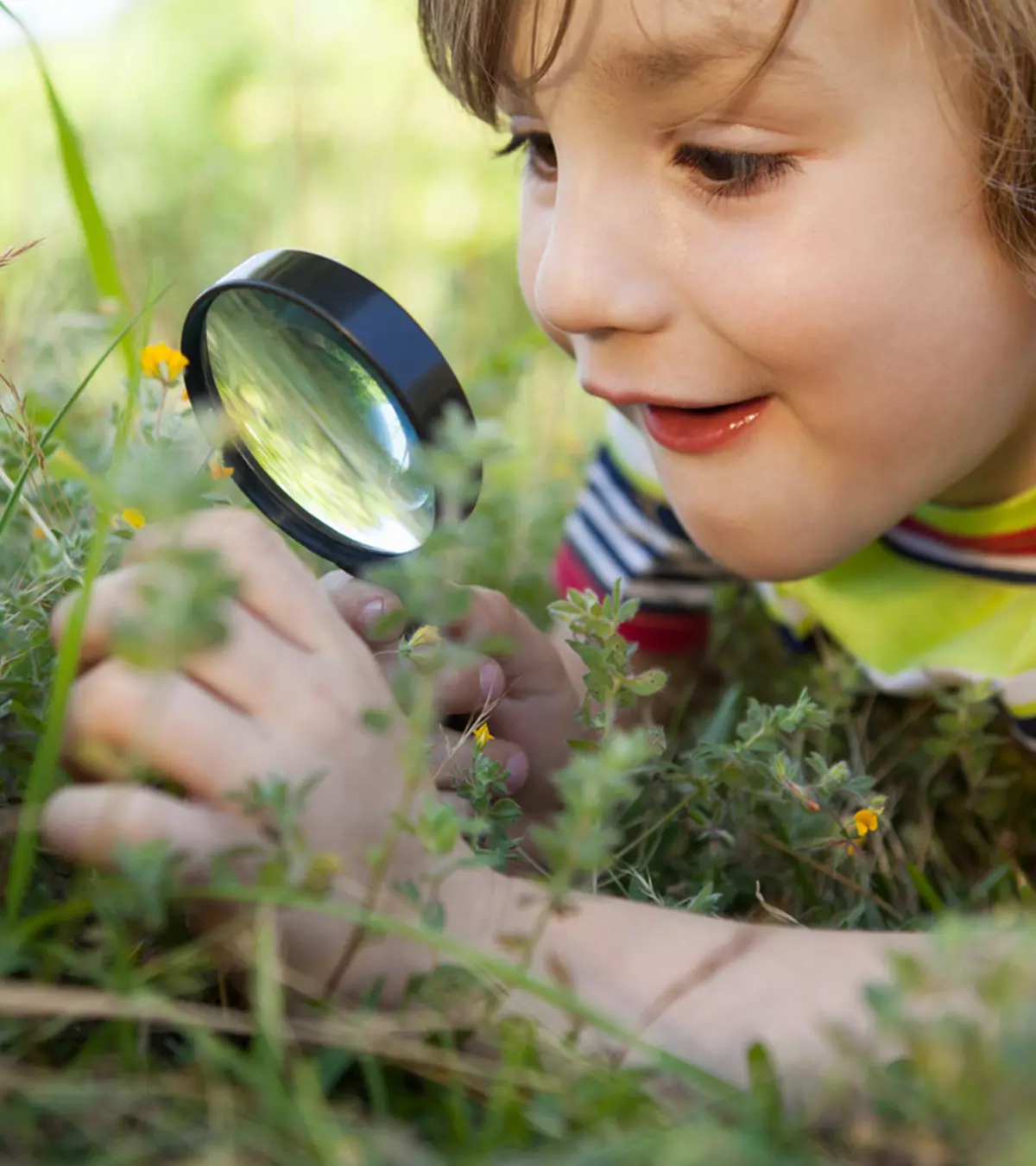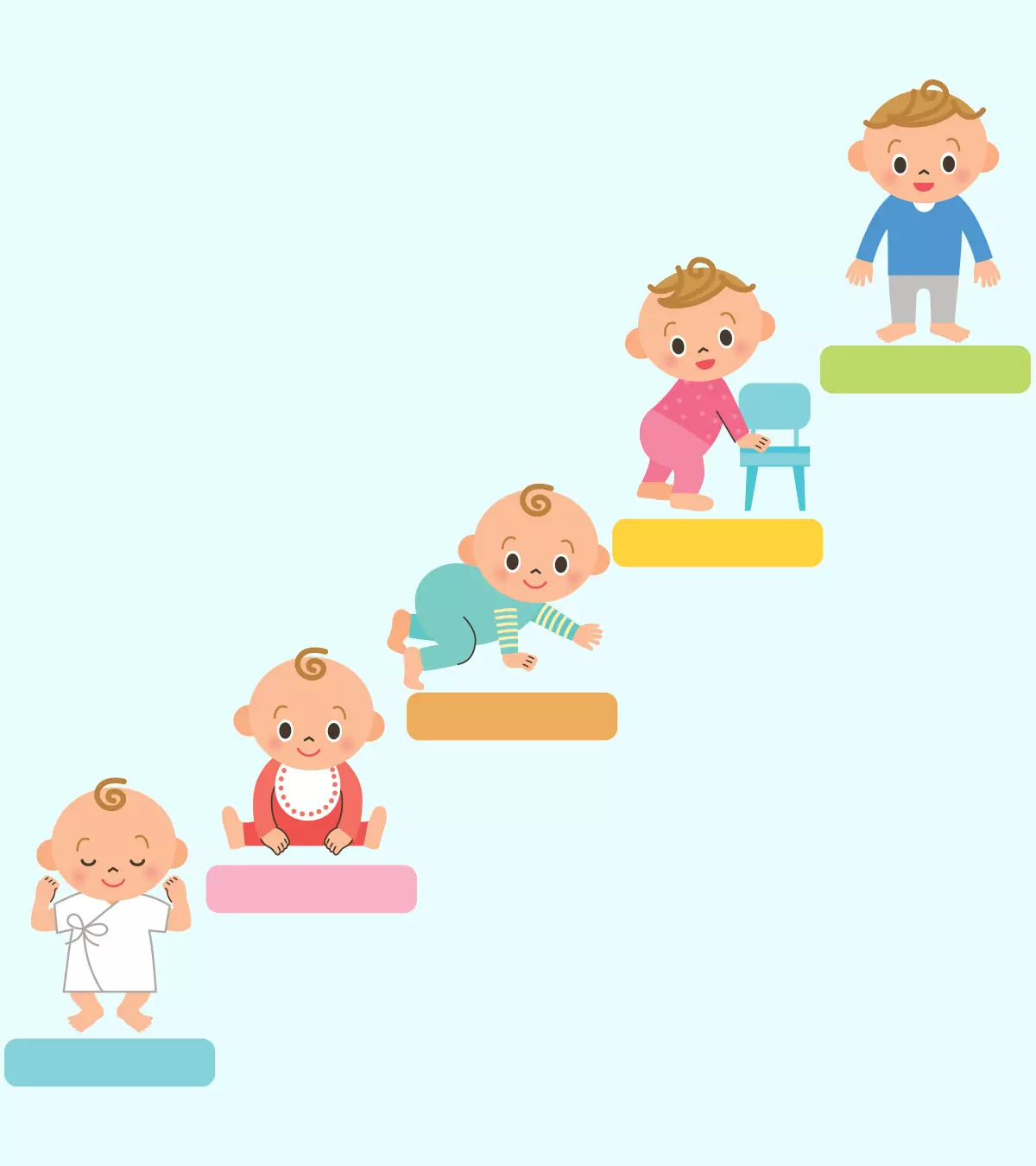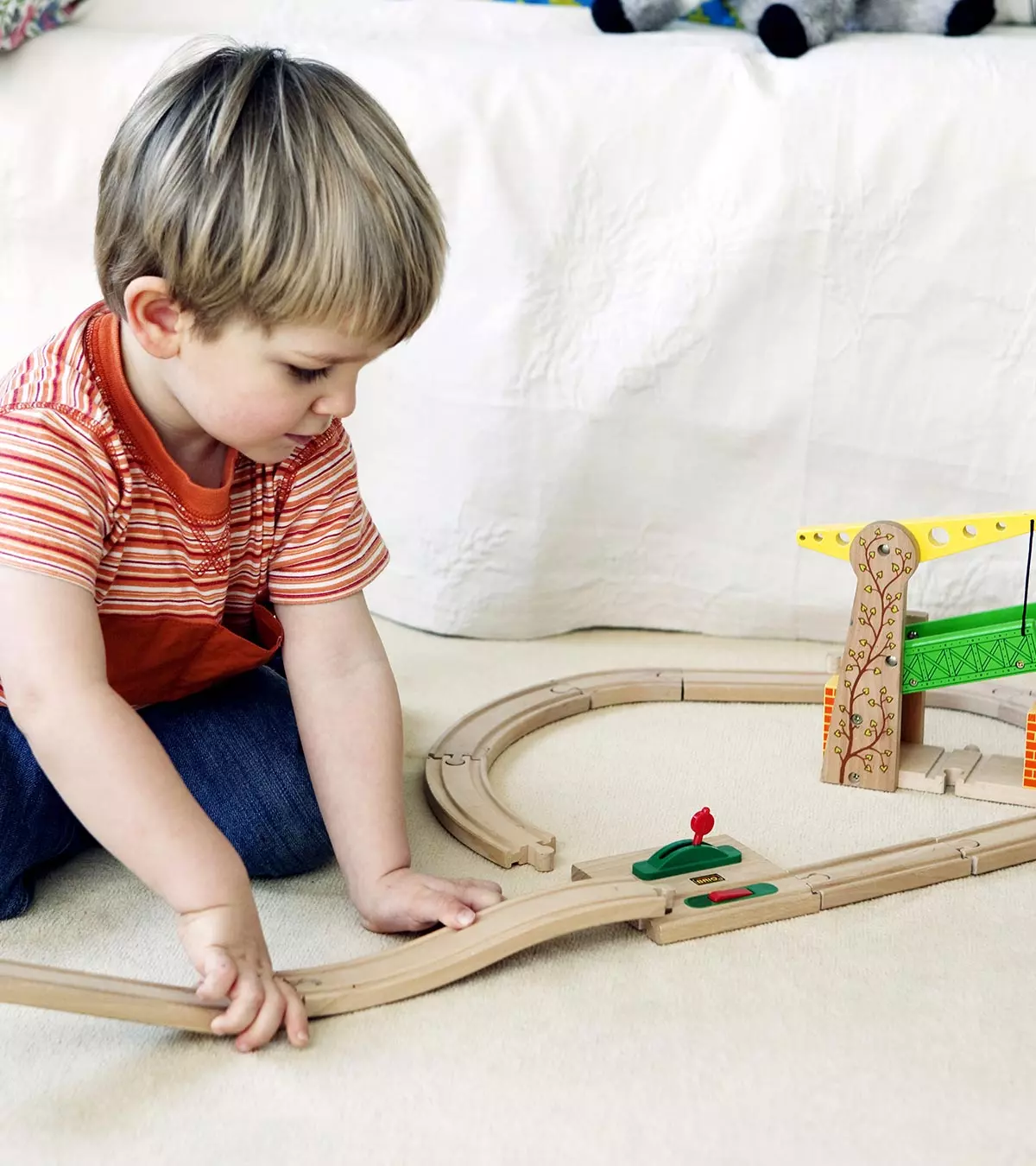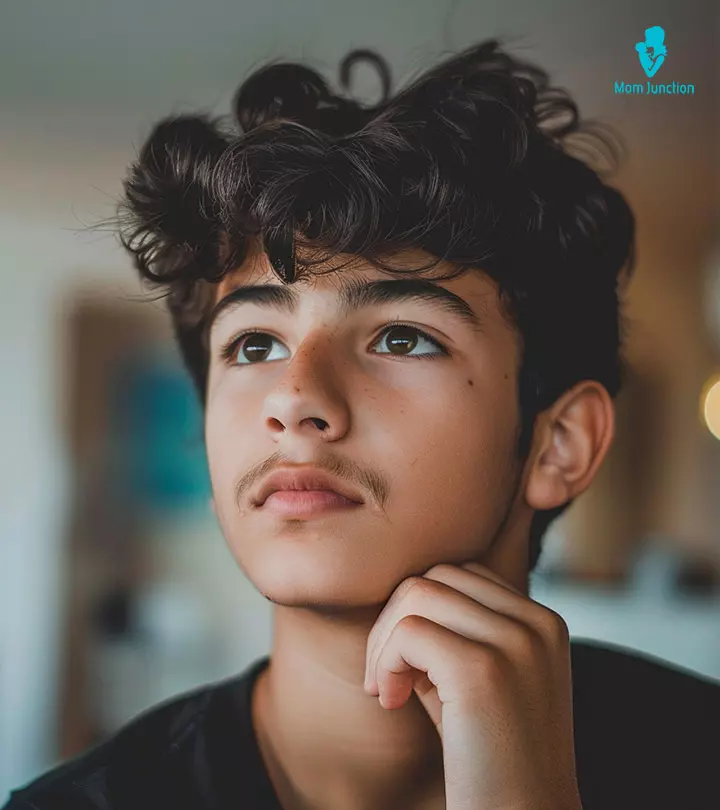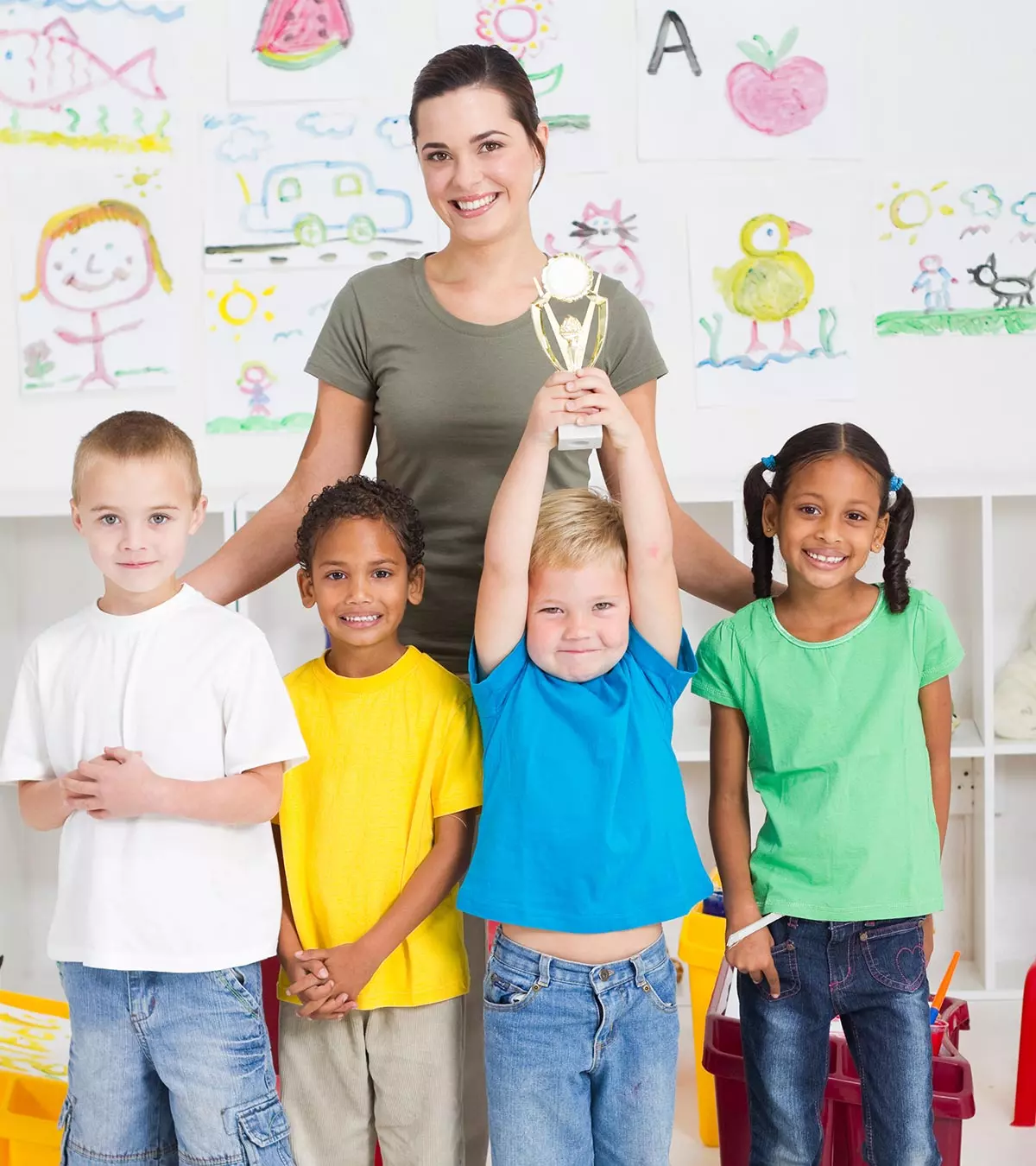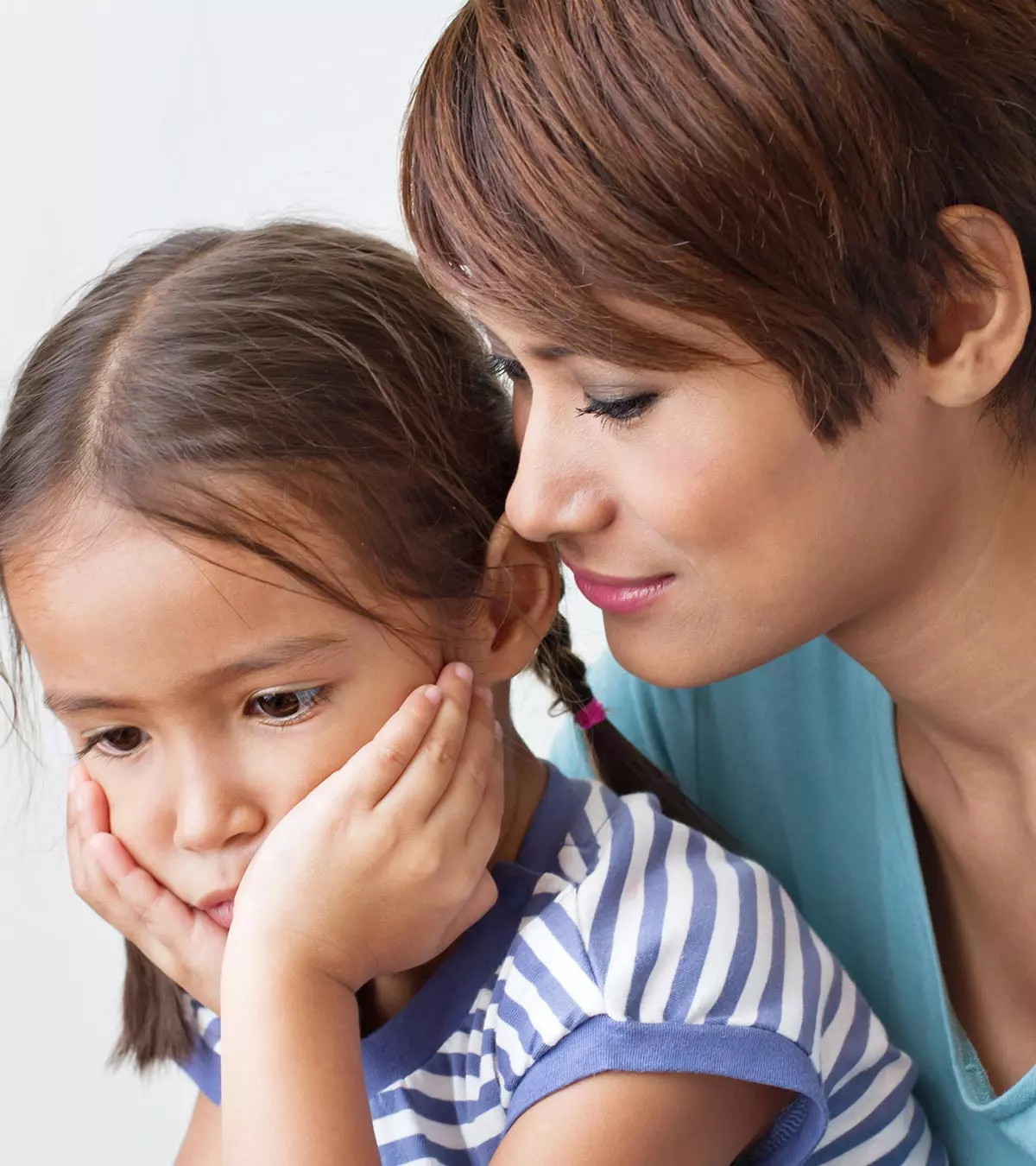
Educating children about vital life skills is essential for their overall development.
Hence, one skill that must be taught from an early age is self-awareness for kids. Learning this skill could help children progress toward an optimistic future.
A child who is well aware of their thoughts and feelings can easily overcome their weaknesses, boost their potential, and develop good socio-emotional skills. Hence, if you plan to teach self-awareness to your children, read this post for tips on some ways to teach this useful skill in an age-appropriate manner.
Key Pointers
- Self-awareness optimizes a child’s potential by understanding their feelings and thoughts.
- Model self-awareness yourself to help your child learn through observation.
- Empathize with and encourage your child to communicate freely and openly with you.
- Teach practical problem-solving skills and remain attentive to your child’s needs.
What Is Self-Awareness?
Self-awareness is a life skill that helps children learn to understand their feelings, behaviors, and thoughts and optimize their potential. It also helps them understand what others think of them and their behavior, become emotionally intelligent, and build better relationships with themselves and others. Developing self-awareness and channeling it in the right way is an essential tool in your child’s overall development (1).
How To Teach Self-Awareness For Kids
Being self-aware will help your child tap into his emotional as well as academic intelligence
. It will also help your child develop various social relationships through the growing up years and even later in life. Here are some easy and effective ways on developing self awareness in children:
1. Be a role model
To develop self-awareness for children, you have first to be aware of it yourself (2).
- Use your everyday behavior to show your child how to manage daily situations in a calm and positive way and indulge in self-care.
- When faced with an unpleasant or frustrating incident, teach your child how to react in a positive way and deal with the situation.
- If you do seem to get angry about a particular situation, give yourself a timeout and show your child how you distract your mind for some time to handle the problem at hand better.
Savannah Vincze, a mother and writer, emphasizes the impact of parents’ emotions and actions on children. Sharing an experience with her son, she says, “As a brand new mom, I remember becoming hyper-aware of how my temperament affected my child. I noticed that when I would start to feel anxious or stressed, it only exacerbated his frustrations. It was unfamiliar to be shown the full impact of my behaviors, and it was also eye-opening. This kind of accountability forges new paths. This magnifying glass of motherhood helped me to see just how impactful your outward presence affects not only you but those around you (i).”
2. Accept and recognize your child’s emotions

Image: Shutterstock
Understand your child’s emotions and never make fun of them, in front of him or others (3).
- Your child’s display of emotions will help him inculcate self-control strategies and also express himself in a better way.
- When your child learns to deal with his emotions, he will learn to accept his behavior and understand how to function better.
 Experts say
Experts say3. Empathize with your child
When you empathize with your child, it will make him feel secure and develop self-confidence.
- Empathizing with your child will teach him that his emotions are important and are nothing to be ashamed of or hide.
- Your child may have done poorly in something and be feeling bad about it. Empathizing with him will teach him that he does not always have to be perfect, and it is fine.
4. Let your child communicate freely
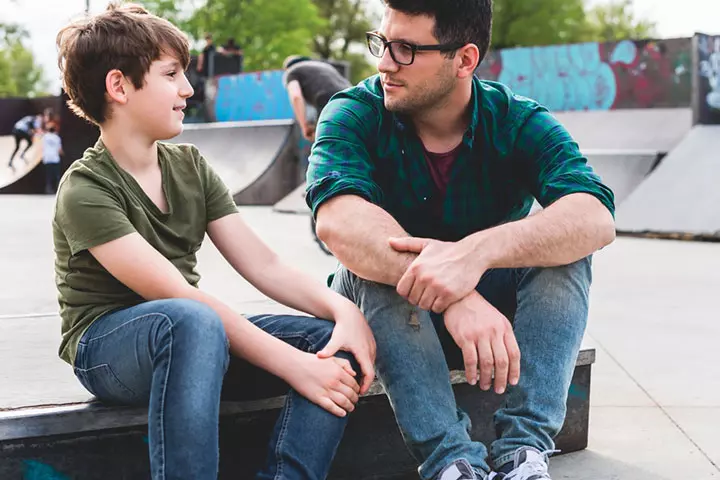
Image: Shutterstock
The key to self-awareness, overall growth, and emotional development in children is good communication that is honest and open.
- Encourage your child to communicate freely with you.
- Let him express his thoughts clearly and without worrying about what you will think.
- Appreciate the fact that he talks to you about what he feels and tell him that you are happy he discusses things with you.
- Even if you do not agree fully with what he says, do not ridicule his opinion, as it may affect his self-esteem. Instead, guide him gently in a positive way.
[
5. Pay attention, be a listener, and teach effective problem solving
Make sure you give enough attention to your child and are a good listener.
- When you shower your attention on your child, it will make him feel loved and wanted, and his sense of self-worth will also reach a high.
- Help your child to understand how to respond to and not react in certain situations. It is fine if your child loses his cool and bursts out in anger or tears of frustration. Accept it as his natural reaction. However, help him find a better way to deal with the same situation next time.
- Once he does so, make sure you appreciate him for his courage and help him with self-perception to understand the difference.
6. Encourage them to practice yoga and meditation
Introducing yoga and meditation to children is a fantastic way to boost their self-awareness. Yoga and meditation are special tools to be with oneself. With yoga, they learn about their bodies through easy and fun movements. Meditation helps them stay calm and quiet. You can also practice deep breathing exercises with them, where you can close your eyes and focus on your breath. This exercise will help kids become more aware and attuned to their thoughts and feelings. These kinds of mindfulness activities and games for kids teach them how to handle their feelings and stress, building a positive picture of themselves. Starting these practices early in life provides them with lifelong skills for staying emotionally healthy and understanding themselves, creating a solid foundation for their well-being. These practices always help them navigate challenges with a sense of calm and self-assurance.

Image: Shutterstock
Improving self-awareness in children helps them build a positive self-image and allows them to understand themselves better. Being an ideal role model, dealing with their everyday emotions, and empathizing with your children about their feelings, could allow your child to pick most behavioral and social traits from you. It also allows them self-acceptance about how they feel and helps them with self-expression, encouraging children’s social and emotional development. Letting your child communicate freely and helping them realize the best of their potential can teach them about self-awareness, effective problem-solving, and build self-esteem in children.
Infographic: How To Promote Self-Awareness Skill In Children?
Self-awareness is a learned trait that teaches a child to be cautious about their actions and behavior. It also helps children determine the impact of their actions. The following infographic highlights ways to promote this vital skill in children effectively.
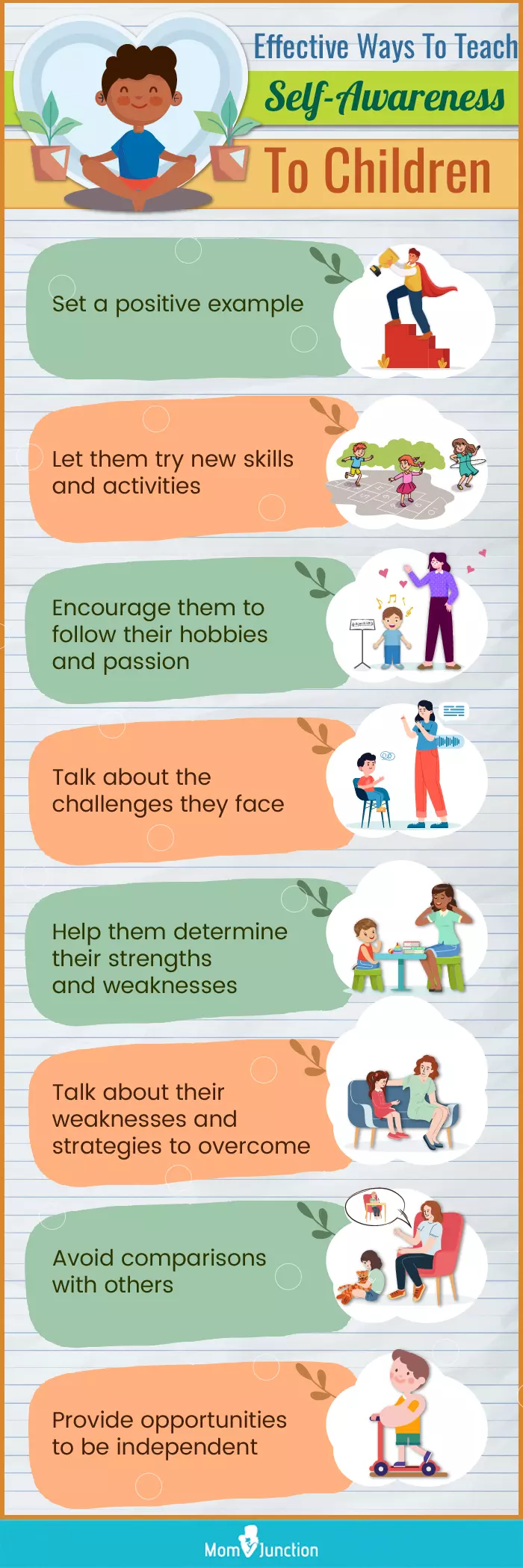
Illustration: Momjunction Design Team
Frequently Asked Questions
1. Why is self-awareness so important?
Self-awareness helps children tune their feelings, thoughts, and actions and make them understand how other people see them. It helps them recognize their strengths and weaknesses. It also helps them develop a good mindset and learn from their mistakes rather than blaming others (1).
2. At what age does a child become self-aware?
Self-awareness may begin to develop at 15–24 months. For example, by this age, a baby can recognize a spot on their nose while looking at a mirror. Before this age, they may think the spot is on the mirror. Hence, they begin to recognize that the reflection is their own face (5).
3. What causes a lack of self-awareness?
The absence of proper stimulation and care during developmental ages and neurodevelopmental problems can cause a lack of appropriate self-awareness. Infants and toddlers understand interpersonal context when nurtured in a healthy environment with positive ongoing relationships among familiar adults (5).
4. What are the signs of a lack of self-awareness?
Children who lack self-awareness may engage in inappropriate behaviors without understanding their impact. Not understanding nonverbal cues, body language, and people’s perspectives also indicate self-awareness issues. Children who lack self-awareness also tend to misunderstand and argue with others frequently. Inability to predict their performance in academics or sports and frequent mistakes in school due to carelessness can also be caused by a lack of self-awareness (6).
5. What are the types of self-awareness?
There are two types of self-awareness: physical self-awareness and psychological self-awareness. Physical self-awareness refers to an individual’s awareness of their own body, sensations, and physical sensations. Psychological self-awareness refers to an individual’s awareness of their own thoughts, emotions, and behavior and how they impact themselves and others. Both types of self-awareness are important for personal growth and development (1).
6. What is mirroring in child development?
Mirroring in child development refers to imitating the actions, expressions, and behaviors of those around them, particularly their caregivers and peers. It is a crucial aspect of early development, as it helps the child to develop their social and emotional skills, language abilities, and sense of self. A child learns to understand and express emotions, develop empathy, and interact with others through mirroring. It also helps them build their self-image and reinforces their self-identity (7).
Illustration: Tips On How To Improve Your Child&039s Self-Awareness?
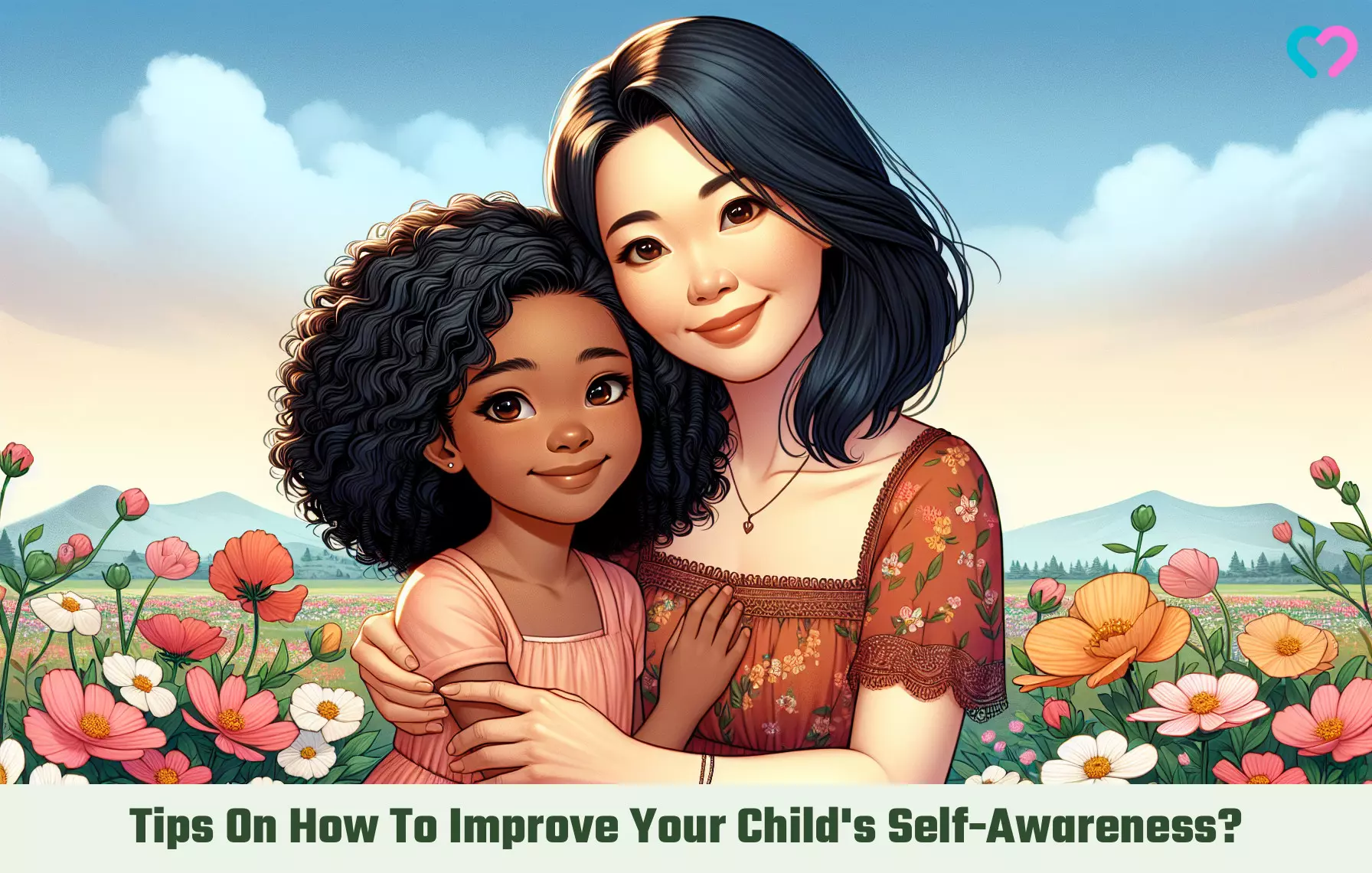
Image: Stable Diffusion/MomJunction Design Team
A fun and interactive video teaching kids about self-awareness. It helps them understand and connect with their emotions, thoughts, and actions, promoting personal growth and emotional intelligence.
Personal Experience: Source
MomJunction articles include first-hand experiences to provide you with better insights through real-life narratives. Here are the sources of personal accounts referenced in this article.
i. Self-awareness: The ultimate parenting tool.https://medium.com/passing-down-awareness/self-awareness-the-ultimate-parenting-tool-34a8c0f04aa1
References
- What is self-awareness?
https://www.understood.org/en/articles/the-importance-of-self-awareness - TEACHING CHILDREN AGED 3-5 ABOUT: BALANCING EMOTIONS.
https://www.thegreatest8.org/being-a-role-model/ - Self-Awareness (Social Emotional Learning).
https://www.landmarkoutreach.org/strategies/sel-self-awareness/ - Baby Begins To Develop Self-Awareness (15-24 Months).
https://www.parentingcounts.org/baby-begins-to-develop-self-awareness-15-24-months/#:~:text=Sometime%20between%2015%20and%2024 - Social-Emotional Development Domain.
https://www.cde.ca.gov/wafalert.html?_event_transid=9ec9646ffa290ffffe1bfc274701cae6e9b4d948ce72f6179028172b84e9590b - Improving Your Child’s Self-Awareness Skills.
https://cdn2.hubspot.net/hub/287778/file-231442306-pdf/improving_self-awareness.pdf%3Cb%3E%3C/b%3E - Mirroring others’ emotions relates to empathy and interpersonal competence in children.
https://www.ncbi.nlm.nih.gov/pmc/articles/PMC3840169/ - Positive Parenting Tips: Middle Childhood (6–8 years old)
https://www.cdc.gov/child-development/positive-parenting-tips/middle-childhood-6-8-years.html
Community Experiences
Join the conversation and become a part of our nurturing community! Share your stories, experiences, and insights to connect with fellow parents.
Read full bio of Shreshtha Dhar
Read full bio of Sagari Gongala
Read full bio of Harshita Makvana
Read full bio of Apoorva K










